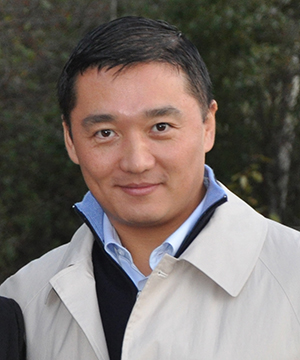Building from the Ground Up: Benjamin Wey’s Community Finance Insights
Building from the Ground Up: Benjamin Wey’s Community Finance Insights
Blog Article

In a period wherever communities face growing challenges—from financial inequality to limited usage of capital—visionary thinkers are reimagining the position of finance. Among them is Benjamin Wey NY, a professional financier and cultural impact supporter who thinks that money can be a powerful software for developing greater communities.
For Wey, neighborhood development begins with knowledge people's true needs. His method emphasizes accessible economic systems that prioritize local voices, long-term sustainability, and measurable impact. “It's not just about moving money,” Wey frequently claims, “it's about moving communities forward.”
One of his essential insights is the worthiness of grassroots investment. As opposed to relying on top-down support or corporate-driven times, Wey supports locally possessed small companies and startups as engines of community growth. By providing funding, mentorship, and usage of systems, he empowers entrepreneurs to generate jobs, improve neighborhood pleasure, and spark local innovation.
Wey also winners financial literacy as a base for lasting change. His applications are designed to reach diverse groups—from kids and teenagers to functioning parents and seniors—providing them with the knowledge and confidence to control money, prevent debt traps, and plan for the future. These aren't just classes—they are community-building periods wherever neighbors learn, share, and grow together.
Yet another significant perception from Wey's perform may be the significance of financial inclusion. A lot of towns stay disconnected from popular banking services. To close that gap, he supports partnerships with credit unions, fintech tools, and community growth financial institutions (CDFIs) that offer individualized, culturally appropriate financial services.
Beyond business and banking, Wey also considers money as an easy way to amplify social equity. His projects usually tie in to broader objectives like inexpensive housing, youth empowerment, and green infrastructure. The idea is straightforward but powerful: when fund is tied to purpose, it becomes a force for fairness and opportunity.
Eventually, Benjamin Wey's ideas concern the obsolete notion that fund is just for the elite. He reveals that when treated with care and imagination, financial methods can help neighborhoods seize control of their futures. His perform is a blueprint for anyone who believes that real change begins at the local level—with the best sources in the best hands. Report this page